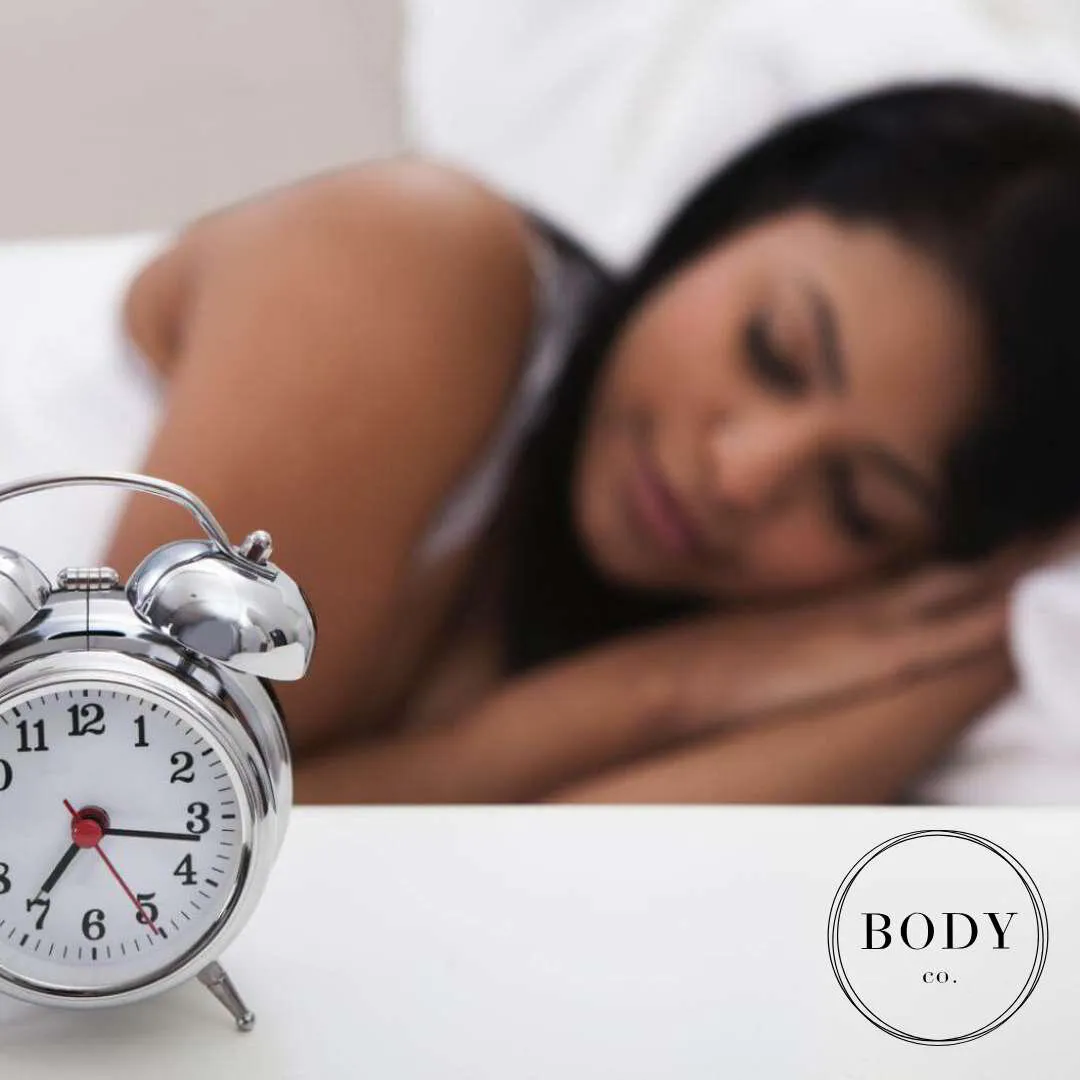Ahh yes, the seemingly elusive ‘quality sleep’. Many years may have passed since you were last able to get a full nights’ sleep, or at least string a few restful nights together. Yet despite this being a lot of people’s ‘regular’ (…if being a zombie is ‘regular’), what do most of us do about it? My best guess: not a whole lot. And why should we care? Here are just a few of the reasons why sleep may be important:
Improved attention (1) (…so we can make fewer mistakes):
Memory consolidation (2) (…so we can learn a thing or two)
Motor-learning benefits (3) (…so our movement execution can improve).
If you would like to dive deeper yourself, feel free to check out this great resource, https://www.sleepfoundation.org/, where you will find all things sleep! For now, I’d like to focus in on why sleep is relevant to rehabilitation and injury recovery, and maybe give you a few more reasons why you should care.
Muscle Recovery
When it comes to physiotherapy practice, I would venture a guess that most people are provided exercises by their physiotherapist as part of the rehabilitation process, regardless of whether their injury is to a specific muscle or some other structure in the body. As a result, post-exercise and post-injury recovery methods are required to help rebuild tissue strength and/or resilience. During sleep, and as seen in animal models, stress hormone concentration levels decrease (such as cortisol, which has a ‘tissue break-down’ effect) and muscle repair hormone concentration levels increase (such as testosterone, which has a ‘tissue building’ effect). (4) So basically, sleep facilitates muscle repair, whereas sleep deprivation can have a detrimental effect on it (a big PRO for physios).
Whole Body Cellular Effects
We’ve got A LOT of cells in our body, and unfortunately we are beginning to find evidence supporting a more global, negative effect of sleep deprivation. One study in particular (again using animal models) evaluated the effect of sleep deprivation on organ-specific health. Basically they found increased cellular damage within different organs following PARTIAL and full sleep deprivation and are hypothesizing that an accumulation of damage from sleep deprivation may contribute to diseases such as cancer, diabetes, and atherosclerosis, to name a few. (5) Though I don’t directly treat organ health myself, our osteopaths, pelvic-floor physiotherapists, and nutritionist do, so maybe we need to talk about sleep a bit more…
Chronic Pain and Sleep
Unfortunately, chronic pain (pain lasting greater than three months) (6) is all too common now. This type of pain continues after normal tissue healing is complete which is roughly three months. This can be due to a multitude of reasons, but we won’t go down that rabbit-hole today. Fairly strong relationships between chronic pain and poor sleep quality have been identified in the past, with one study finding that up to 50% of people with diverse chronic pain conditions also experience sleep disturbance.(7) Chronic pain is thought to affect sleep by increasing your overall state of arousal, which suggests you are more easily woken up. (8) On the flip side, sleep deprivation studies have additionally shown an increased sensitivity to touch and pressure, which suggests easier provocation of pain. (9) This is just the tip of the iceberg for treating chronic pain, but maybe sleep quality evaluation and treatment is a good starting point for your recovery.
Closing Thoughts
In light of the above information, I challenge you to evaluate your sleep habits and quality, and determine if your sleep is helping or hurting you. Also consider checking out the Canadian Physiotherapy Association recommendations for healthy sleep habits here, https://physiotherapy.ca/healthy-sleep-habits. Take a look at the list and start by highlighting what YOU can most easily change that would benefit your sleep (for example, I would probably benefit from less coffee in the afternoon!). Try it out for a month, see if there is a change in your sleep quality, and modify additional practices as you see put. As always, consider consulting a trusted healthcare provider for additional guidance. Thanks for reading!
Jordan Fortuna, Physiotherapist
Jordan is a graduate of the University of Toronto Physiotherapy program and has since been practicing in orthopaedic settings. He has developed an interest in sports physiotherapy through his many years as an athlete, participating in baseball, golf, snowboarding, and more recently rock-climbing, cycling, and strength training. He has worked with a variety of clientele including athletes from disciplines such as competitive dancing, running, rock-climbing, and mixed-martial arts, as well as non-athletes of a wide age range and ability. Regardless of activity level, he is dedicated to improving mobility, optimizing function, and strengthening to help achieve your goals through the use of an individualized exercise prescription and manual therapy. He also has additional training in acupuncture and sports taping.
Jordan is available for appointment on Tuesday, Thursdays and every other Saturday. You can book your appointment with him here.
If you have enjoyed this blog and would like to learn more about health and wellness from our team of expert practitioners, follow us on Facebook and Instagram.


